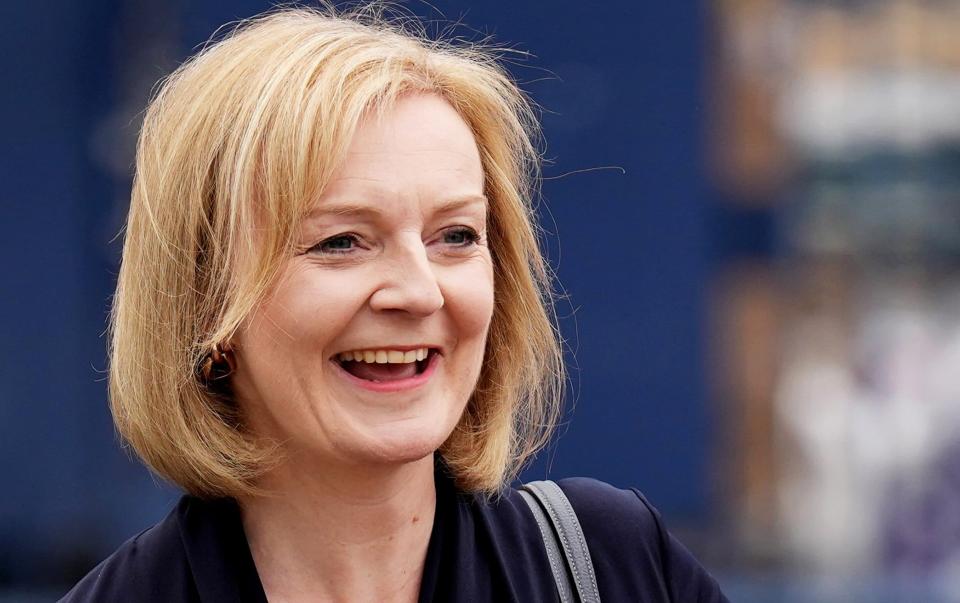Liz Truss’s Oxbridge interview plan ‘smacks of micromanagement’, warns union head

Liz Truss has been accused of “micromanagement” by a major teaching union over her pledge to give all students who receive three A*s at A-level an automatic Oxbridge interview.
Ms Truss said Oxford and Cambridge should give all top students a chance for a place, as she warned some teachers discourage applications because the universities are “full of toffs”.
The Foreign Secretary also suggested she supported delaying university admissions until after students have received their exam results, abandoning the system of applications based on predicted grades.
But Geoff Barton, the general secretary of one of Britain’s leading teaching unions, said the proposed reforms amounted to “micromanagement” of admissions.
“The idea that suddenly in a system that is predicated on predictions rather than post-qualification results, that all those young people are going to be guaranteed by the universities an interview, probably isn’t being supremely well-received by the universities who might well think this smacks of micromanagement,” he told The Telegraph.
“There is a tendency to think that we in the centre know better how to run things, including apparently telling Oxford and Cambridge how they should select students for their courses.”
Teacher said 'Oxford is full of toffs'
Ms Truss told The Sunday Times that Roundhay School in Leeds, which she attended, did not always encourage top students to apply to Oxbridge.
“What I found at my school was that you had to put yourself forward,” she said. “There were supportive teachers but there were also other teachers who said Oxford is full of toffs.
“There’s a lot of evidence that women are less likely to ask for a promotion and actually one of the best ways of making the system fairer is to identify the people that are talented and ask them if they want that opportunity.”
She added that she would “look at” running all university admissions after results day, which would delay the beginning of the academic year but give successful applicants unconditional offers.
Currently, students receive offers based on their predicted grades, with many losing their places after they fail to meet them.
The Universities and Colleges Admissions Service has previously rejected a similar suggestion from the Labour Party, arguing that it would “significantly disadvantage underrepresented and disabled students, unless secondary and/or university calendars are changed”.
Change involves 'significant shift'
Speaking to The Telegraph, one senior Oxford don said it would be difficult but possible to implement Ms Truss’s proposed reforms.
“It’s probably all doable, but it involves change, which is distressing,” said the don.
“It does involve a significant shift. And then the question is: what happens to the 18-year-olds between getting the results and starting in the following January or something?
“When is the academic year going to begin and when is it going to end? And what does that mean for the employment process?
“Graduates won’t become available until October of the year that they're meant to get jobs.
“It shifts the whole thing by several months, which I think people just think is probably not worth it.”

 Yahoo Sports
Yahoo Sports 